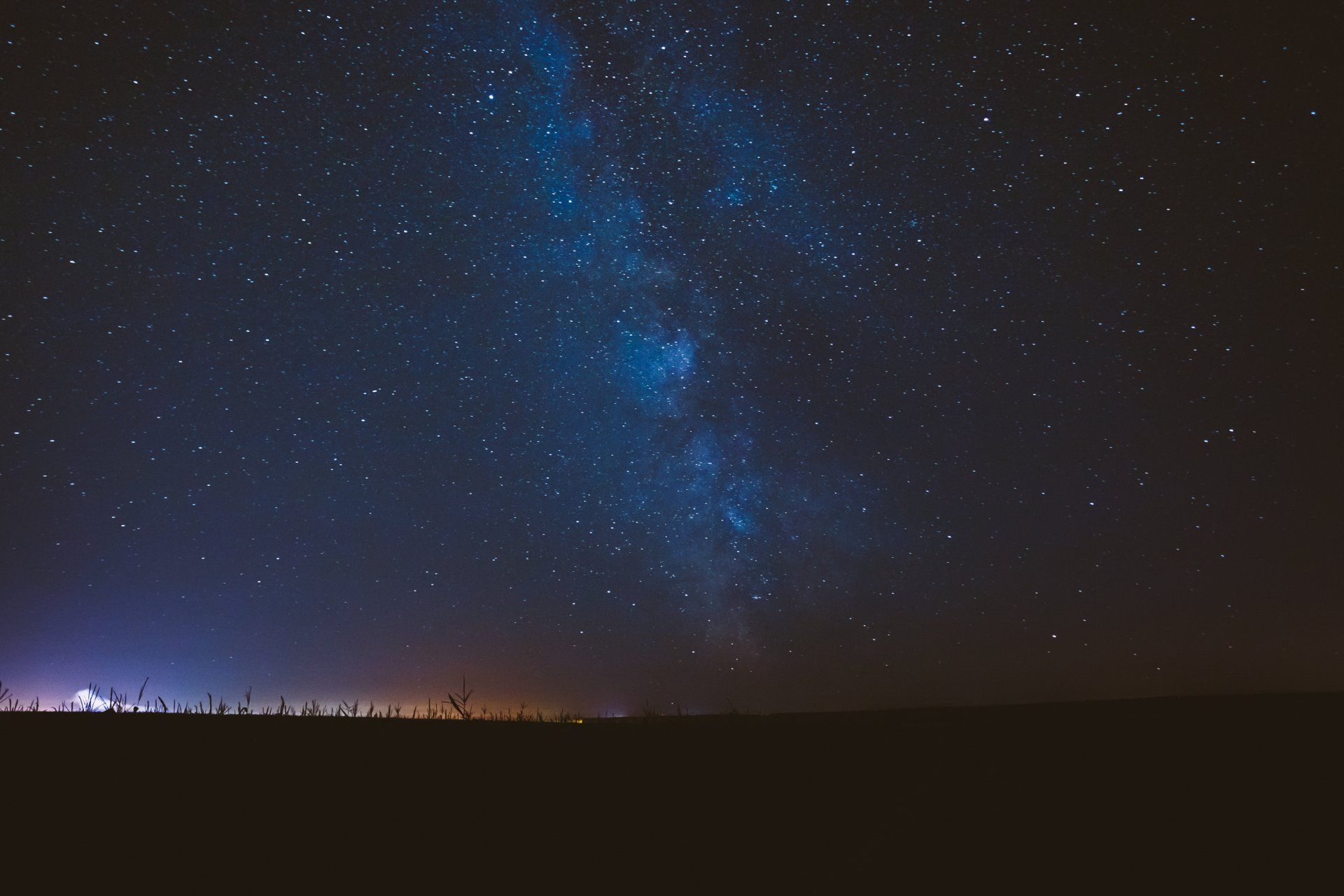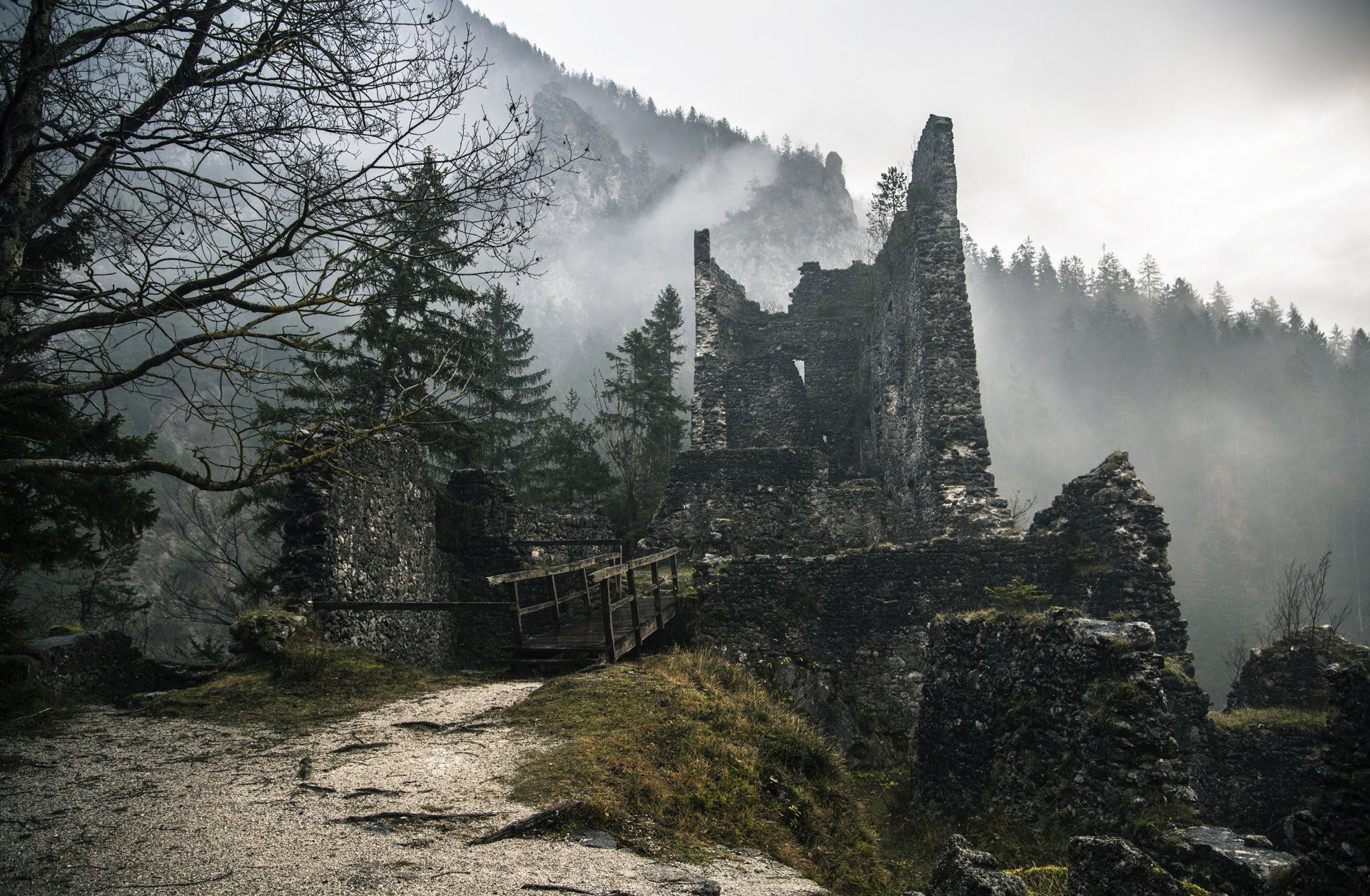EVERYTHING CHANGES
Jon Bergmann • January 8, 2020
Everything Changes. Eventually.
For some people this statement brings with it a wave of relief. At some point in the indeterminate future you will be somewhere other than the place you are now. For others however, change can be a terrifying thing. It represents the unstable, the unknown, the unfathomable. It is as uncontrollable as the elements themselves and equally as relentless.
In Homo Deus: A Brief History of the Future, author Noah Yuval Harari says that:
“People are usually afraid of change because they fear the unknown. But the single greatest constant of history is that everything changes.”
As I gaze into the world, I see that this is a truth ingrained into the structure of existence at the deepest and most penetrating level. In the book, Harari articulates an exhilarating posture towards the future – and as I read it I found my mind captivated by images of what might be possible in the next decade or two.
When we speak of change, what is your
first reaction?
Excitement? Hope? Fear?
I’ve recently taken to asking (an idea I stole from Brian) large groups of people whether they think the world is better or worse than it used to be. So far, without exception, the overwhelming consensus of each group is that things are getting worse. It’s an interesting observation, but one I suspect might be grounded more in a sense of wistful nostalgia than on an honest examination of the world in which we currently live.
In the book, Harari makes the rather bold claim that the things which have plagued human existence for centuries – war, famine and plague – whilst not completely eradicated, are no longer battle grounds on which we must fight to survive. There are wars, but nothing to the scale of what it used to be. There is famine, but his claim is that sugar, not malnutrition, is statistically a greater threat to human life in the 21st century and if a plague or disease breaks out it is seen more as a failure of medical science than just a natural rhythm of life, as it once was. Whilst the world is a long way from perfect, I’m not quite sure we could say things are getting worse.
When we speak of change we often start with the things that touch our lives most intimately: the people around us, the technologies we use, the way we move through the world and communicate with each other. These kinds of technological changes are real, rapid and are very quickly reshaping the nature of human life but if we look beyond the immediate we can notice that life itself is constantly changing – refreshing itself like a snake shedding its skin. The world we live in is changing quite dramatically - the climate getting warmer and more volatile. Humans are changing, evolving in an interesting direction. We live longer and get sick less but at the same time we are unable to complete even some of the most mundane of tasks from our primal past (I still remember sitting around a darkened fire at 5am in the middle of the forest with a friend of mine – a medical doctor, the smartest among us – who had been trying, without success for an hour, to light the fire to keep himself warm. He couldn’t even light a fire, but why would he need to?). Being human looks different today than it ever has, and it will look even more different ten years from now.
The Scriptures seemed to anticipate this, even thousands of years ago, with the claim that “there is a time for everything, and a season for every activity under the heavens” (Ecclesiastes 3:1). There is a movement to life, it would seem, that carries us forward through seasons of experience. I’ve always been uncomfortable with the statement that comes a little earlier in Ecclesiastes, that “there is nothing new under the sun” (1:9). Firstly, it’s clear to me that the author is in the midst of an existential crisis, but at the same time the sentiment is clearly untrue – at least on a material level. There is plenty that is new, each new day bringing with it new discoveries, new mercies. The profundity of the statement therefore must lie elsewhere. Perhaps what it is leading us towards is the realization that whilst everything changes, revolving through seasons of existence and experience, this shouldn’t surprise us, in fact we should embrace it. Like the sun, which sits over everything, casting shadows and illuminating life, the process of change could be one of unsurprising welcome, like a cool shower after a hot day.
My experience of the Christian faith is that it is often, at a fundamental level, uncomfortable with change. Perhaps it is the language of an “unchanging god” or a certain rigidity when it come to the Bible that has caused this – but to speak of the future often seems to illicit a sense of panic, or at best a sense of skepticism. It strikes me however, that of all the people currently alive it is those who follow Jesus that should be the most genuinely futuristic. Looking into the future with hope rather than fear, knowing that whilst things are changing faster than we might be able to keep up with, there is a sense of calm in knowing that God has and holds all things.
This isn’t merely a trite sentiment, designed to ease a sense of impending doom about the future. It is a truth which, if we let it, might enable us to cultivate a voice of hope as we look to tomorrow with excitement rather than dread. One of the confounding things about human existence, to me, is that rather than handing us the blueprints to the future, God welcomes us into the process of creating it. We are not just actors in a scripted story, but we are the writers of the story, each pen stroke crafting a new storyline. Sometimes this is an exciting reality, and other times we wish things were different, that we didn’t have such a responsibility. But nevertheless, we do, and each time we try to hand it back to God with statements like “He’s got a plan,” I imagine him smiling back down, encouraging us to keep moving, to keep creating, to keep changing.
Embracing an ever-changing future is a key step in being able to embrace a faith without fear. So let’s step into the role of co-creators that God always intended for us to play.

Sometimes, we categorise people out of Gods kingdom because they don’t meet the brief, they don’t fit our preconceived ideas and expectations. So, this Christmas, when I put my nativity in pride of place to celebrate “the King has Come”, I am reminded that a King didn’t come, at least not in the eyes of all those waiting on one. The nativity was the ultimate Kris Kringle (maybe the first!), where we quite simply don’t know what to expect and should always be prepared for a surprise, but it will be a gift.

St John of the Cross wrote: “If a man wishes to be sure of the road he treads on, he must close his eyes and walk in the dark.” When we can’t see, and can’t make any sense of things, keeping on can be the deepest form of trust. It can serve a profound purpose, for the dark night of the soul is sometimes the space between who we have been and who we will become.

